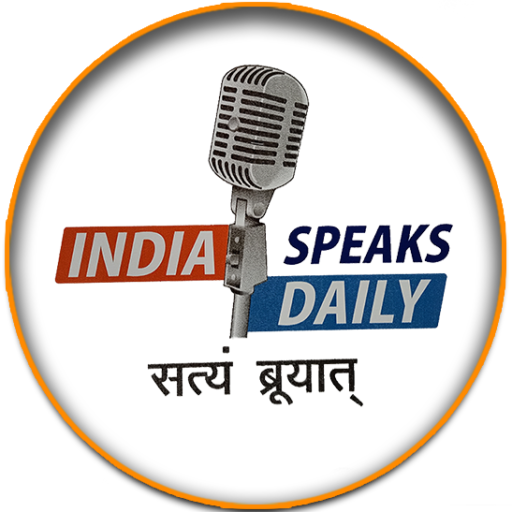At the extraordinary G20 virtual summit for Chinese virus, Prime Minister Narendra Modi proposed a human-centric, instead of economic-centric globalisation, to reduce the economic hardships resulting from the pandemic.
Modi also had asserted the need to freely and openly share the benefits of medical research and strengthen intergovernmental organisations like WHO.
These remarks carry a lot of weight, if one takes into consideration the lack of help America is getting from his allied and non-allied nations. Some of them have prohibited export of medicines to tackle the virus in their backyards and others might have stocked them for raking in money at later stages.
The crisis, however, has taught one thing very clearly and that is – globalisation is fragile, despite its benefits. Trump’s Trade Advisor Peter Navarro made similar remarks when he said that the US should never dependent on a foreign country for essential medicines and medical supplies.
He said the crisis has underscored the truth of President Donald Trump’s “buy American, secure borders and a strong manufacturing base” philosophy.
“The key here is having advanced manufacturing on US soil that can leapfrog other countries so we don’t have to worry about competing against cheap sweat-shop labor, lax environmental regulations, different tax regimes and the massive subsidies of foreign governments who are actually directly attacking our industrial base,” Navarro said.
So, clearly the Trump administration is professing against global integration, but China is using the crisis to showcase its willingness to lead, after succeeding in controlling the spread of the virus in the country.
However, China is facing weak demand from countries in crisis.
The British Prime Minister Boris Johnson, who has been shifted to intensive care unit for Chinese virus treatment, is said to be furious with China for a number of reasons, not least of which is a recent shipment of test kits bound for Britain were found to be contaminated with the pandemic virus.
Johnson also is angry with China for their delay in reporting the spread of the virus by two months and not giving out the exact number of Chinese infected and killed by it.
To add insult to injury, China has been circulating a propaganda through its soldout global media over the origination of the virus. First it blamed US soldiers, now it is blaming Italy, a country which luanched “Hug a Chinese” campaign to fight racism against them at the onset of the virus.
All these developments is said to have led Johnson to pull out of the 5G contract with Chinese firm Huawei.
Not only Britain, China has buffooned its ally Pakistan, which has been crippled by the deadly virus, by supplying masks made out of underwears.
Nepal too cancelled a deal with China for testing kits and protective gears after finding them to be of sub-standard quality. Similarly, Spain had sent back millions of purchased kits to China.
Czech republic also found 80 per cent of the 1.5 lakh portable and quick test kits faulty earlier this month.
Even as the world is fighting the novel virus, policymakers are waking up to the fact that how single-source providers or regions adept in specialising in one particular product, can cause supply chains to break down.
So, does the solution lies in rejecting globalism and embracing the doctrine of patriotism as Trump said at the UN in September 2018?
Or, does it lies in Modi’s push for human-centric globalisation at G20 summit?









